The proposals were approved by executive councillors at a meeting last week (28 January) in a bid to reduce the Berkshire-based borough’s impact on climate change.
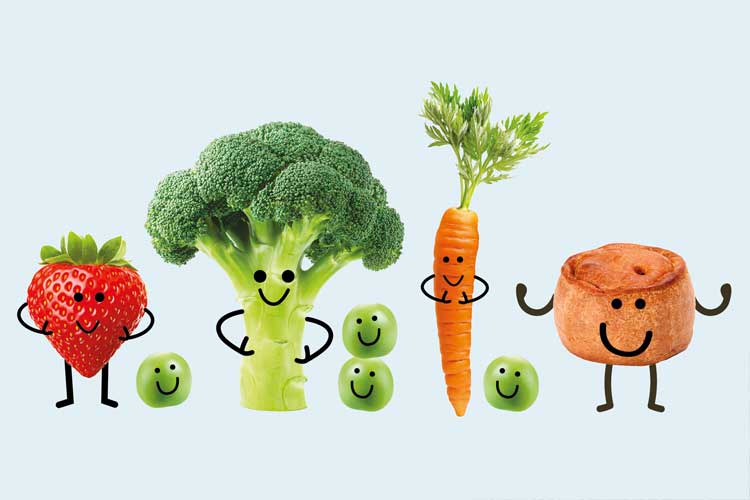
Councillor Dorothy Hayes MBE, executive member for environment, said: “To help us all tackle the growing issue of climate change, a new weekly food waste collection will start in October 2020 for all houses in Bracknell Forest.
“By recycling food waste, we are aiming to increase recycling rates by around 10% in the next year and create renewable energy at the same time. It’s an environmental win-win.
“Additionally, recycling more will help reduce the financial cost of throwing waste in landfill, which could cost taxpayers millions of pounds over the next few years.
“This money can be ploughed into other essential services instead, including supporting our most vulnerable residents.”
The borough hopes the introduction of a weekly food waste collection would cut the amount of rubbish going to landfill sites by around 4,000 tonnes a year.
The scheme is to be launched for all houses in the borough from October, while flats will be added later.
Food waste
Bracknell Forest residents will be supplied with a five-litre caddy for internal use and a 23-litre caddy for external use in September. The latter will be collected weekly from 05 October.
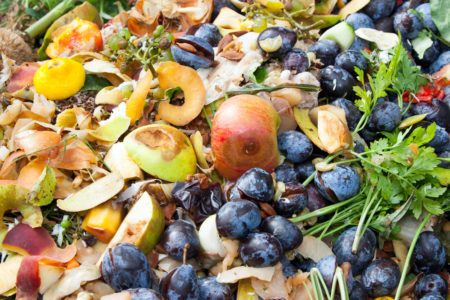
Items that can be put in the caddies include all cooked and uncooked food, meat and fish bones, tea bags and coffee grounds, vegetable peelings, banana skins and apple cores, pet food and more.
Cooking oil will also be collected when stored in a sealed plastic bottle. This will need to be in the outdoor caddy on collection day.
The finer details of the scheme are still to be worked out, including specific food waste collection days.
The borough’s brown bin and sack scheme for garden waste will remain unaffected will be unaffected by the introduction of food waste collection.
Blue recycling bins will be collected fortnightly.
Bracknell Forest
With a population of 121,676, Bracknell Forest has a recycling rate of 39.4% (according to data from the 2018/19 financial year). This is below the national average of 45.1%.
With the introduction of food waste collection, the council is targeting a rate of 50% by the end of 2020 and 65% by 2030.
It says it currently landfills 7,800 tonnes of waste a year and hopes the introduction of food waste collection would reduce this by just more than 50%.
Conference
Collections will be on the agenda at the Collection Conference, to be held on 25 March. More information can be found here.





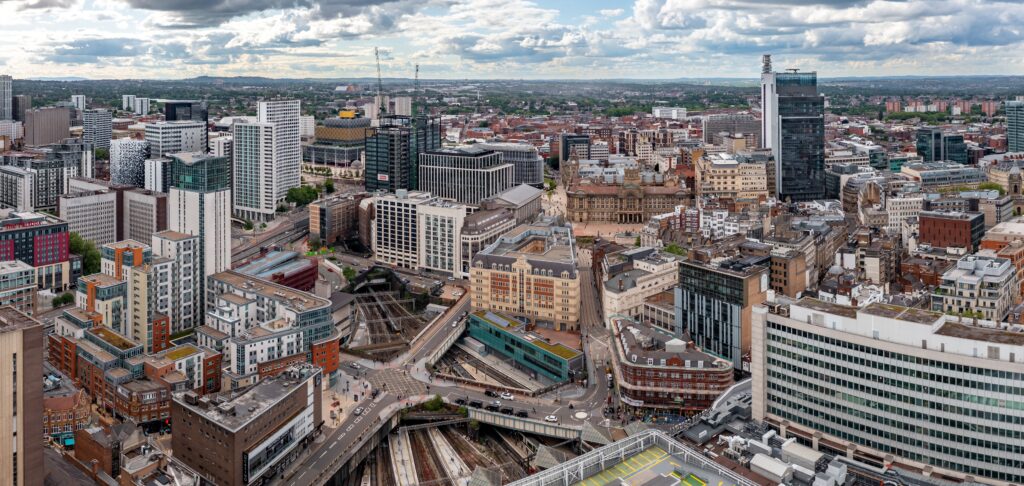
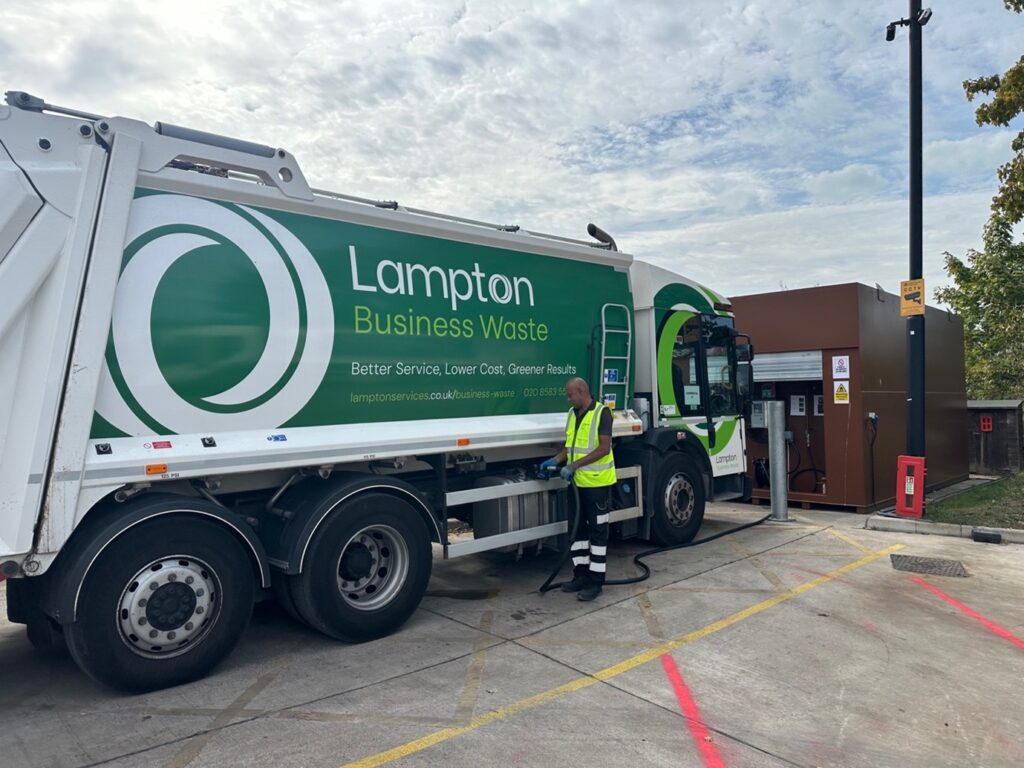
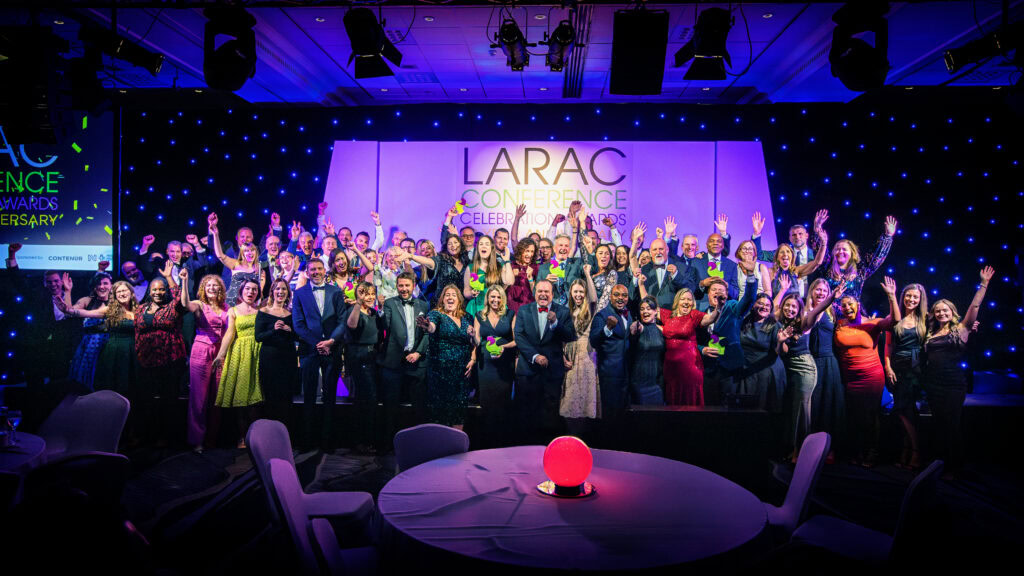
Subscribe for free